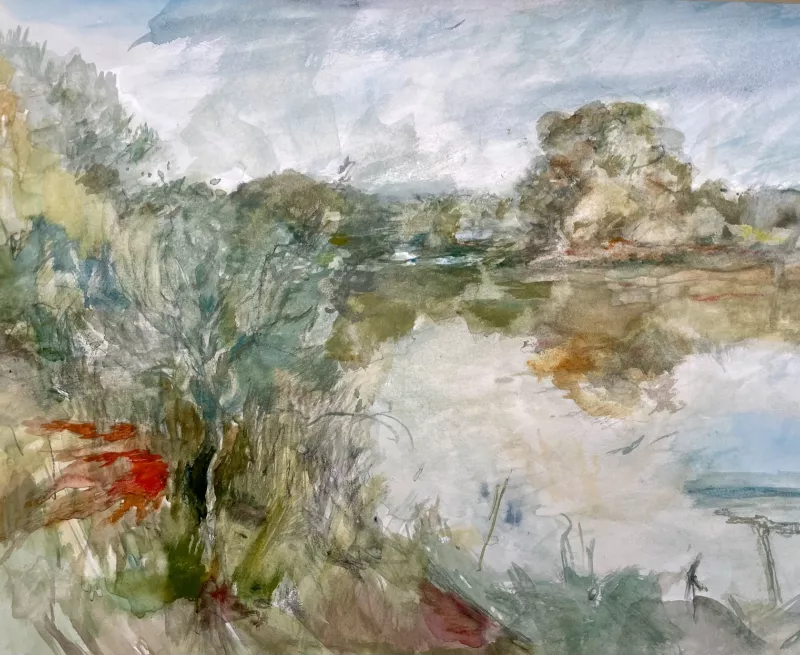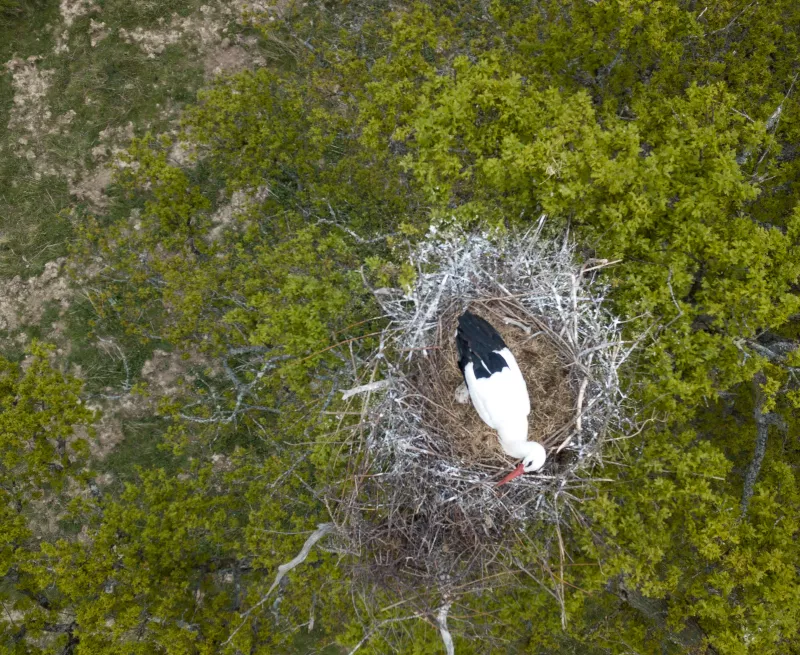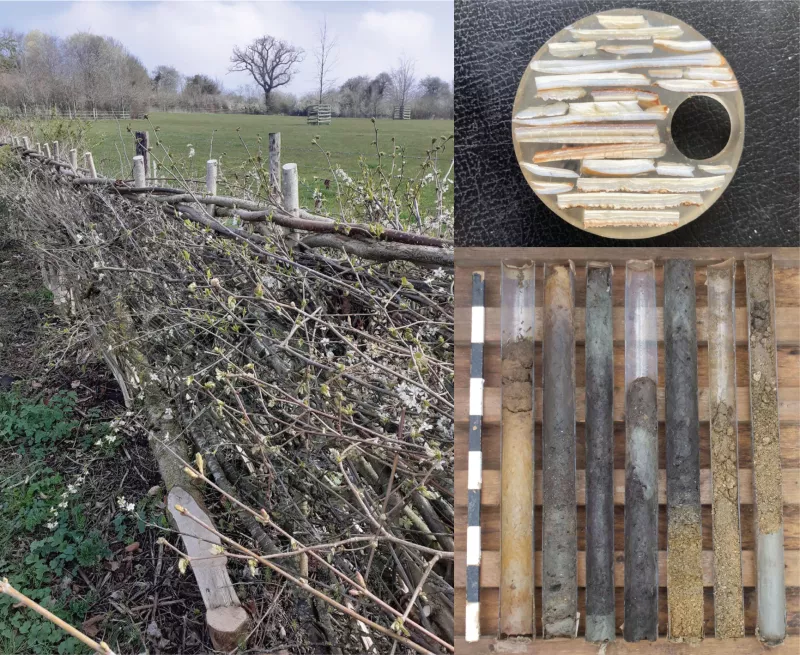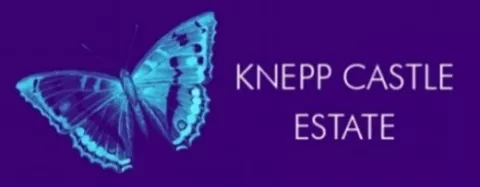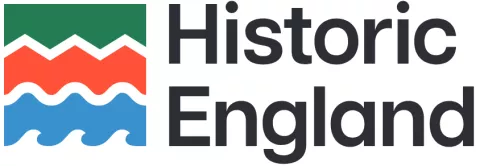'Rewilding' later prehistory team workshop organisers
Anwen Cooper
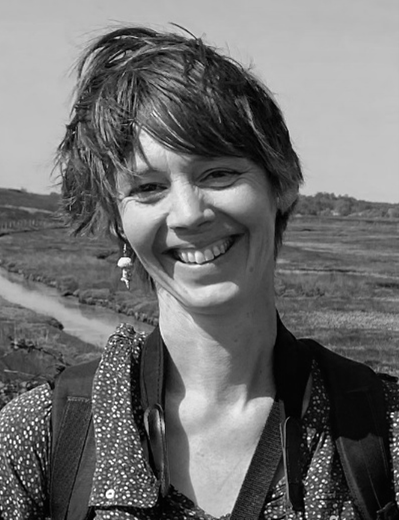
Anwen leads the UKRI-funded ‘Rewilding’ later prehistory project team at Oxford Archaeology. Her interest in archaeological wildlife was sparked in 2004 when she excavated three pole-axed auroch skulls from the base of a 4000-year-old agricultural watering hole in Bedfordshire. She is inspired by the power of past landscapes and objects to reveal unexpected stories that cast new light on current social and environmental challenges.
Miranda Creswell
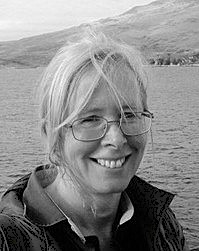
Miranda, an artist, has been working with archaeologists at the University of Oxford and beyond for the last 15 years. Over this time, she has been continually interested in capturing movement in landscape, humans and animals. Alongside work on the ‘Rewilding’ project, she is collaborating on the ERC-funded HorsePower in Mongolia and China project.
Rose Ferraby
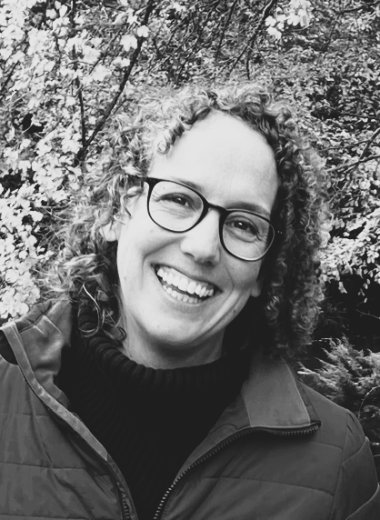
Rose is an archaeologist and artist based in North Yorkshire. Her trans-disciplinary artwork - drawing on research and practice in archaeology, geology, ecology and nature recovery - often explores the relationship between people and landscape through time. She is interested in how to inspire people and create ways in which they can imagine past and future worlds.
Jonathan Last

Jonathan is a prehistorian and landscape archaeologist who has worked in various roles for Historic England (formerly English Heritage) since 2001. He is currently Landscape Strategy Adviser in the Archaeological Investigation team, with an interest, among other things, in how the historic and natural environment can be better integrated in policy and practice.
Matt Phelps
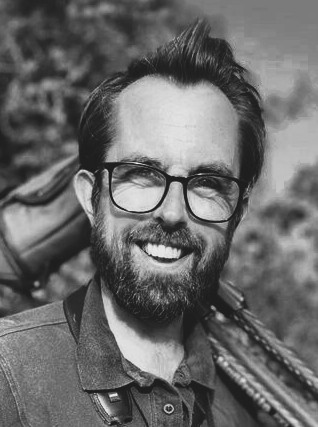
Matt is the Lead Ecologist at Knepp and an avid birder and all-round naturalist. He studied countryside management and ecology at agricultural college and has worked for the National Trust, Sussex Wildlife Trust and various private estates, managing landscapes for wildlife, enthusing others about the natural world and advocating for rewilding and the return of lost and declining species. He writes regular articles for nature publications and reviews bird records both for eBird and as a member of the Sussex Ornithological Society Records Committee.
Tina Roushannafas
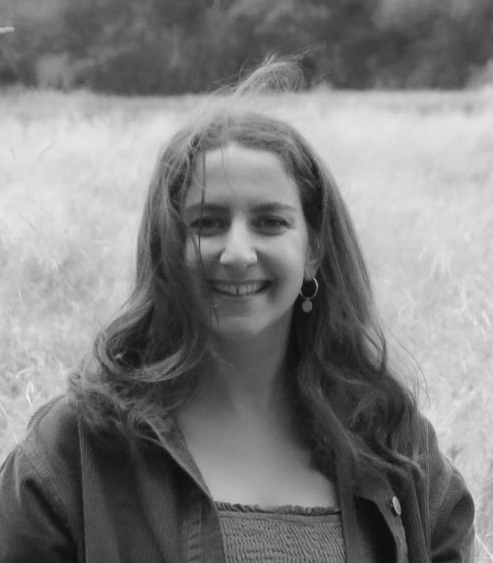
Tina is the main postdoctoral researcher on the UKRI-funded ‘Rewilding’ later prehistory project team at Oxford Archaeology. Her research interests include the uses of wild plants, diversification and resilience in crop cultivation and open science practices. She is keen to develop ways of linking and interpretating archaeological and ecological data.
